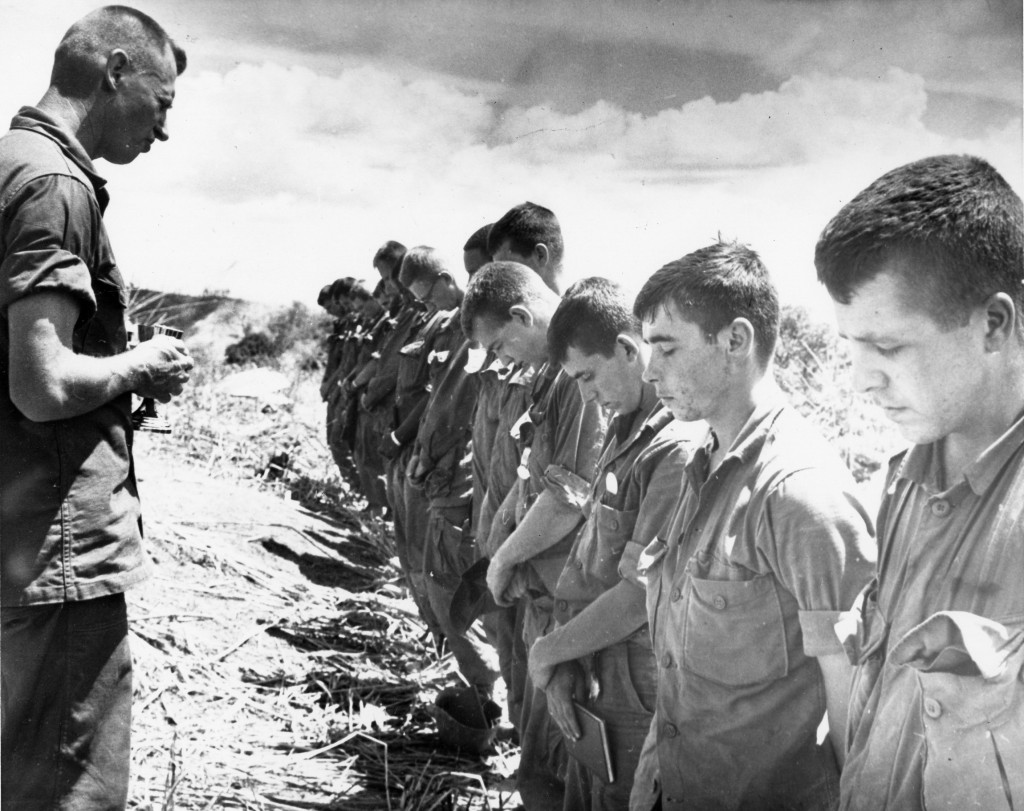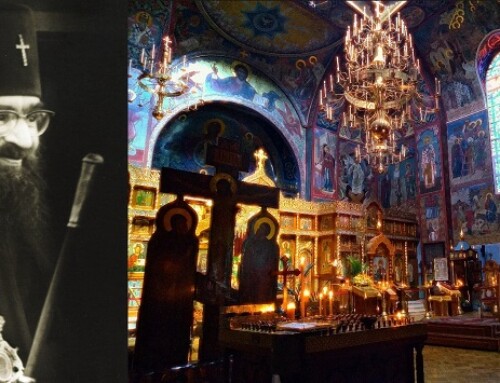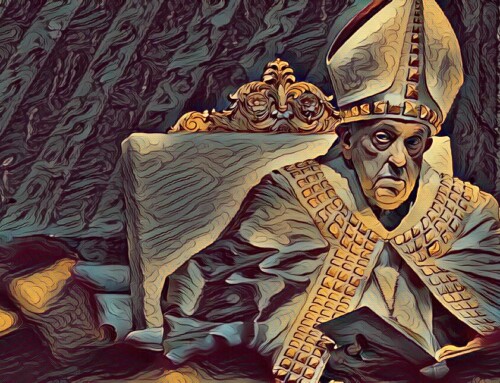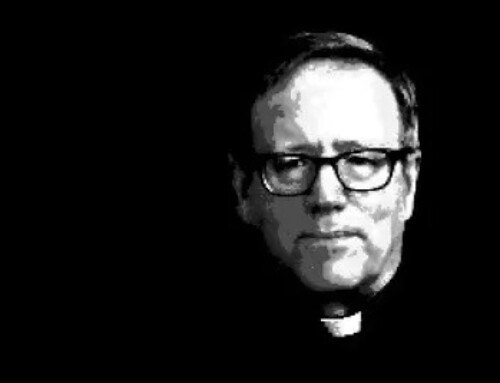“And Jesus said: Neither will I condemn thee. Go, and now sin no more.” (John 8:11)
“Late have I loved you, O Beauty ever ancient, ever new, late have I loved you! You were within me, but I was outside, and it was there that I searched for you. In my unloveliness I plunged into the lovely things which you created. You were with me, but I was not with you. Created things kept me from you; yet if they had not been in you they would not have been at all. You called, you shouted, and you broke through my deafness. You flashed, you shone, and you dispelled my blindness. You breathed your fragrance on me; I drew in breath and now I pant for you. I have tasted you, now I hunger and thirst for more. You touched me, and I burned for your peace.” –St. Augustine
“Who will cure my soul if not Thou, O Christ, the only Physician of souls! Where will I find a remedy for the diseases of my soul, if not with Thee, O fountain of healing!… Thou Who didst cure the ailing woman, cure also my soul from the ruin of sin.” – St. Ephraim the Syrian
When I returned to the Catholic Church, after an ineffectual 12 years in the parochial school system, and, then, following a hellish ride through the world of homosexuality, I didn’t know what I would find. Actually, it was less of a return than an act of desperation; because, I wasn’t returning to a Church that I had once abandoned – because, I never knew it. From my experience in the 1970s and 80s, the conscience in religious education reigned supreme: setting up a sort of hyper-personalized God that conformed to our perceptions of self and the inner cosmology of right and wrong; I was made to feel comfortable within all of my emotions, no matter how disordered, and therefore became confirmed in them. As for Christ, He rarely entered the picture, for the most part, He was presented as an enlightened social-worker, solely preoccupied with the down-trodden and the poor, but otherwise morally ambiguous and stridently non-judgmental; His divinity and ultimate sacrifice on the Cross were reconstructed into a form of political martyrdom: Jesus as the counter-culture misfit who ran afoul of institutional bigotry and religious orthodoxy. He became an amalgamation of the Buddha and Martin Luther King Jr., often materializing as the lethargic image of Gandhi: with the near-naked Christ on the Cross as the seated Indian leader in a loan-cloth. He became a symbol of rebellion, a forerunner to the liberal upheaval of the 1960s. Therefore, when I went to “gay,” in a sense, I thought I was accepting the freedom to choose that Christ fought and died for; my personal conscience was the great Christian inheritance for all of mankind; and, it must be obeyed.
Over a decade later, when I was flushed out of the “gay” scene, something inexplicable and radical happened to me; the youthful boast and pride that carried me towards the homosexual world was suddenly gone. At 29 years old, I was a beaten man. Suddenly, all my long held illusions were failing; after years of certitude – now, I didn’t know what to believe. This was a stark contrast to the brash teenager who thought he knew it all; when in reality, all my conceptions of “gay” were almost exclusively gleaned from a childhood porn obsession and what I envisioned as the heady endless pleasure of homosexuality embodied by The Village People. The disaster and death I had experienced lended a certain amount of instant clarity – not so much in terms of an infused knowledge about the world, or for that matter God, but an instinctual certitude concerning everything that was wrong; a retrograde vision that revealed everything which betrayed me: paramount among them was “gay.” Therefore, my first reflex was to simply flee everything associated with that; this was symbolized first – in my long drive out of San Francisco northwards towards my parents’ home – taking what few belongings I had with me; next, I sifted through the assorted cardboard boxes in my car, throwing out any photos, books, magazines, letters, or CDs that would remind me of the past. Next, I sought a more thorough and comprehensive form of purging; then, I had only a vague memory of Confession; as a child, going to “reconciliation” as it was redubbed, was a rather unmystical rote exercise: I tried to come-up with some “sins” to confess – perhaps I had been mean to one of my siblings, or I didn’t share something; in my teens, I was probably last forced to go to Confession at about age 13; since being a kid – my conception of sin hadn’t changed much – it still revolved around matters of kindness and generosity; with morality intricately tied to perceptions of etiquette and respect.
Now, again, I was instinctively compelled to confess much more – although I never once knew or understood that anything from masturbation to homosexual activity was a sin, I suddenly was overcome with the need to be forgiven for those exact things. Yet, despite my impatient need to be fully unburdened, I was trepidatous; for, although my dealings with Catholicism had been limited during the time I was “gay,” the overall impression of the Church I got was not good. Generally, the priests I had met over the past 10 or more years were either lecherous or hotly “gay” affirming; a priest friend of my parents, who was called into duty by my concerned mother and father, went through the motions when he conveyed their worry to me, but then quickly assured me that there was nothing wrong with “gay,” except, perhaps in my overly zealous implementation, and that I had been born that way. Walking into the Confessional, years later, I keenly remembered that experience. But, I hoped things would be different; they weren’t, and I hobbled away that day almost with the concerted belief that I would never again enter another Catholic Church. I didn’t know what to do.
Rather stupidly, even after my horrendous experience in the Confessional, that following Sunday, I attended Mass at the same parish with the same priest presiding. The entire episode was an unwelcomed flashback to Catholic grade school: with a solidly out-of-tune woman screeching almost the entire banal repertoire of the St. Louis Jesuits; the same songs we were taught in the 70s, the priests’ homily consisted of him recounting the previous day’s experiences on the golf-course, and finally a meandering pile of confused looking older women ambushed the altar in order to serve as Eucharistic ministers; I thought to myself – this is it?
Thoroughly puzzled and conflicted as what to do next: somehow somebody told me about a Latin Mass offered in a neighboring town; the Latin Mass – “What’s’ that?” Literally having nothing to lose, I showed up: first, I was astounded by the number of people in the church and then by their age; at the other parish, the congregation was decidedly few in number and old. Here, there were families: young men and young women with small children; the sight of it was beautiful and terrifying. Yet, all of my discomforts and fears ceased when the Mass began; unlike anything I had ever experienced in either my childhood or during my more recent endeavors to reintroduce myself to the Sacraments – again, in a very visceral way, although I understood not a single word, I knew this was good and this was Holy. This was also Peace; and I needed Peace. The other Mass – with its endless guitar strumming and bad folk music was jarring and left me unsettled: the hand-raising, fist-bumping, and constant communal movement and action was like “gay’ disco; it was restlessness and frenzied – everyone needing to gesture and react in an unsettled avoidance of stillness and silence.
The priest was also a Man; vastly different from the aged Irishmen that I had known as a child; he was closer to my age than to the age of my grandparents; he was also masculine and virile. This was somewhat due to his youth, but also to his overall comportment and demeanor. There was this forced giddiness that I found at the other parish; yet, here, the priest wasn’t center-stage and he was not star-struck; he didn’t talk about himself or his golf-game. Part and parcel was the Christ-centered nature of the Mass, which threw my focus away from the priest as celebrant entertainer and towards Christ, in a sense, at least for me, looking up at the altar – it became the Crucifixion, the Last Supper, or even the carpenter’s workbench of Christ; with the priest steadily working in a very masculine way, although his movements were highly controlled and studied, there was a manly beauty to it all – it was like the point when craftsmanship becomes Art. For a few seconds, this reminded me of when some of my ex-Catholic “gay” friends started to attend the High-Church Sunday services at a local San Francisco Anglican parish; however, my attraction was not simply a matter of being drawn towards ecclesiastical theatricality or more elaborate costumes, but a fascination with what was taking place on the altar – the transference of a common substance, the bread and wine, into something extraordinary – into something that was readily available to me: the Body of Christ. And, then, I began to wonder, could not my taking in of His Body also remake me into something new?
Everything I encountered in the purely material world of pornography and homosexuality was a subversion of my true desires: to be with and to be loved by God. Whenever I bought pornography or walked into an X-rated theater or strip club, I was inwardly hoping to find God there; like Augustine I sought solace in the beautiful things of this earth; only, to endlessly find them shallow, unfulfilling, and ultimately corrupt. But, I kept going back to the altar of porn because I knew nothing else; as a child, when I felt that near-heavenly rush of excitement that blasted me into another realm – far away from my everyday concerns, in porn: I thought I had found the perfect escape route into endless gratification. Only, that feeling never lasted and, afterwards, I was still alone, and still desperately wanting someone to love me.
When I went to “gay,” and the thrill of pornography became flesh, for a while, at least, I knew what it meant to be wanted and to be held by another human being; and, it felt good. Then, “gay” sex became another perversion of my genuine longing for male affection and a sense of security. In a way, the sex ritual of taking another man inside of my body was a diabolic parody of Holy Communion. What I found at the Mass, was that when Christ offered Himself to me, it was complete and eternal, traveling far beyond a few minutes of physical pleasure; for, He not only radically joined with my body, but fundamentally transformed my mind and my soul. This was the symbiotic joining that I had always searched for in men; and, this was singularly pure and unblemished – free of all earthly disease and corruption.
Whenever broken and wounded men turn to pornography or homosexuality they are subconsciously looking for the physician to heal them; but in porn and “gay” sex, what they find is the crudest of blustery witch-doctors: offering false charms and potions that merely mask the actual pain inside; with Christ, the true Healer of all is revealed. And, that is what “gay” men are desperate for: an inner sense of calm and contentment. And, in that moment of unity with Christ, it’s not that we trade-in one form of narcotic bliss for another, but that we truly share fully with Our Lord and Savior and as a result become more and more like Him; and, it is in renouncing all the hopes we carried and the illusion we believed, that we first endure suffering and then find our pain replaced by peace. By stripping away the old self, we begin to mirror the priest at Mass – and then the Mass itself: we become quiet and our actions deliberate, we refrain from superfluous and florid motions; we become manly and workmanlike, but we toil in silence and humility; the old self dies away, and the masculinity that is our birthright is reasserted.
You see this sort of seemingly incongruous duality, between an assured masculinity and a serene continence, in particular priests who are put into extraordinary circumstances, probably typified by Vietnam War era chaplain Father Vincent Capodanno, who, by his mere presence of masculine and Holy solidity instantaneously brought calm in the midst of battlefield chaos and terror; this sort of authentic masculinity can be found amongst the best in the Church; it is nowhere present in homosexuality though it is continually promised: from the pumped and oiled bodies in gay porn to the bearish hugs of a husband for his same-sex mate – everything here will one day cease; it’s sometimes soothing, but it doesn’t last. Today, the Church needs to emulate men such as Fr. Capodanno: men of strength and determination who are grounded in a rugged truth and not in any cult of personality or false sense of charity or compassion. Because, those caught in the trap of porn and homosexuality, are combat-weary and in need of healing.






Wow. Cannot say enough about this essay, Joseph. Thank you.
God bless you Joseph for your constant and untiring pursuit of the truth – the issue of homosexual behavior is destroying the Church and many Christians who are beguiled by the deception spread by Satan.
You must be taking a lot of flack from those who do not agree with you. May the Lord protect his faithful servant, Joseph.
“in particular priests who are put into extraordinary circumstances,…”
That’s exactly what too often is missing in the formation of priests.
That’s quite a challenge for bishops responsible of forming the new generation of priests.
Hi Joseph, I have suddenly come across your site and am overwhelmed by joy and hope. I am a sad mom of a son who is self identifying himself as being gay. I refuse to accept this and your site has given me hope and the strength needed in order to deal with this ordeal . I am trying to find the first video where you talk about gay boys and not having a good relationship with their dads. Can you send me the link to the video? Thanks for all that you are doing the world so needs people like you.
https://www.youtube.com/watch?v=pPNxifQs8Fw